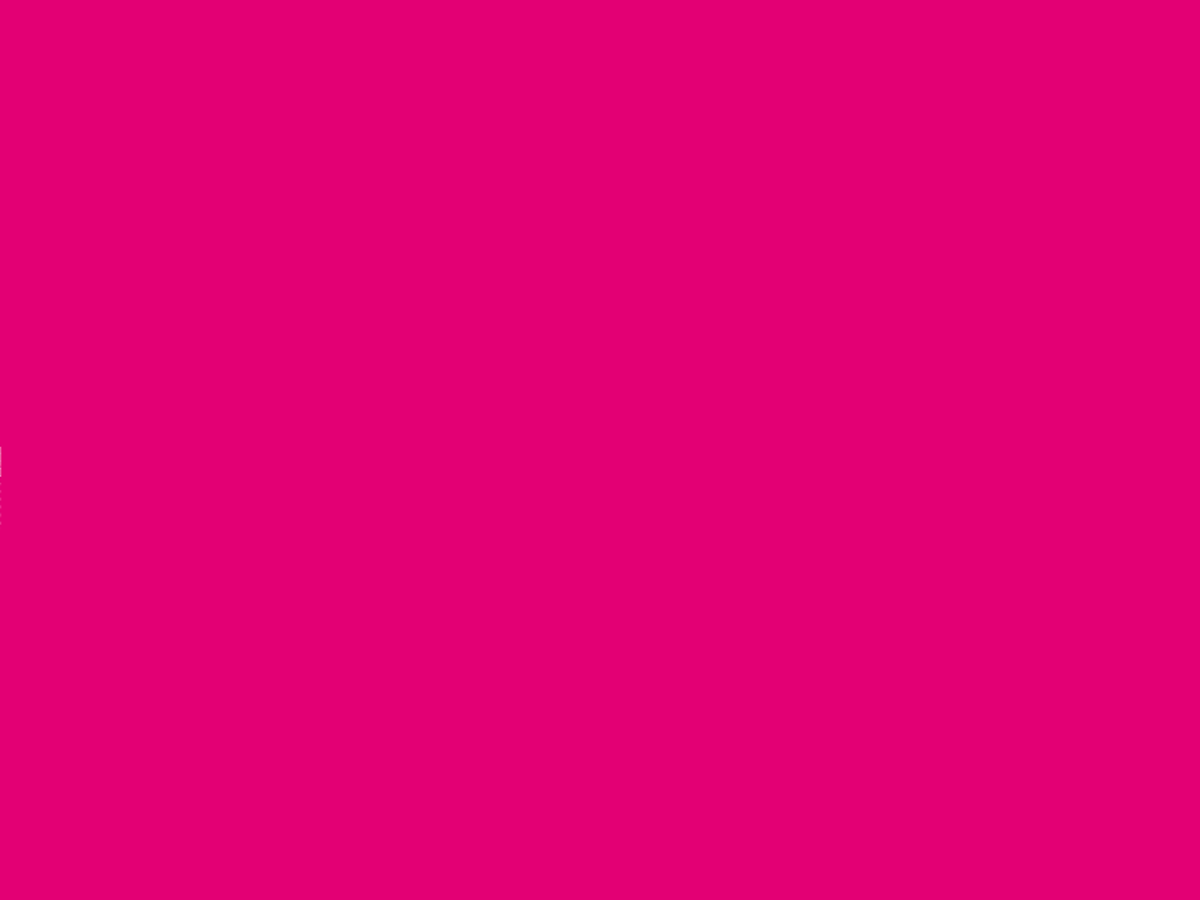IoT Helps Combat Fine Dust Pollution in the City
15.10.2020 by Pauline Batzer

Air pollution has negative consequences for the health of millions of people every year. How a Berlin startup is improving air quality in cities around the world – using moss and the Internet of Things (IoT).
According to the World Health Organization (WHO), atmospheric pollution is the most serious environmental health risk. In Germany alone, according to the latest report of the European Environment Agency, too high levels of fine dust and nitrogen in the air are to blame for an annual 72,000 premature deaths. In Germany, Stuttgart is the negative record holder. The German Environment Agency says that air quality there is the worst in the country. Yet in Bonn, on Friedrich-Ebert-Allee with its constant flow of traffic from morning to evening, passers-by can breathe deeply again and chill out on a nearby bench. How can that be, given the high volume of traffic? The answer is the CityTree, a so-called biotech filter. This unusual item of street furniture is three meters tall with timber cladding. It removes fine dust from ambient air and emits fresh oxygen, using special kinds of moss that function as an air filter and metabolize fine dust. Other examples of this unusual item are to be found in Berlin, Darmstadt, London and Lisbon.




